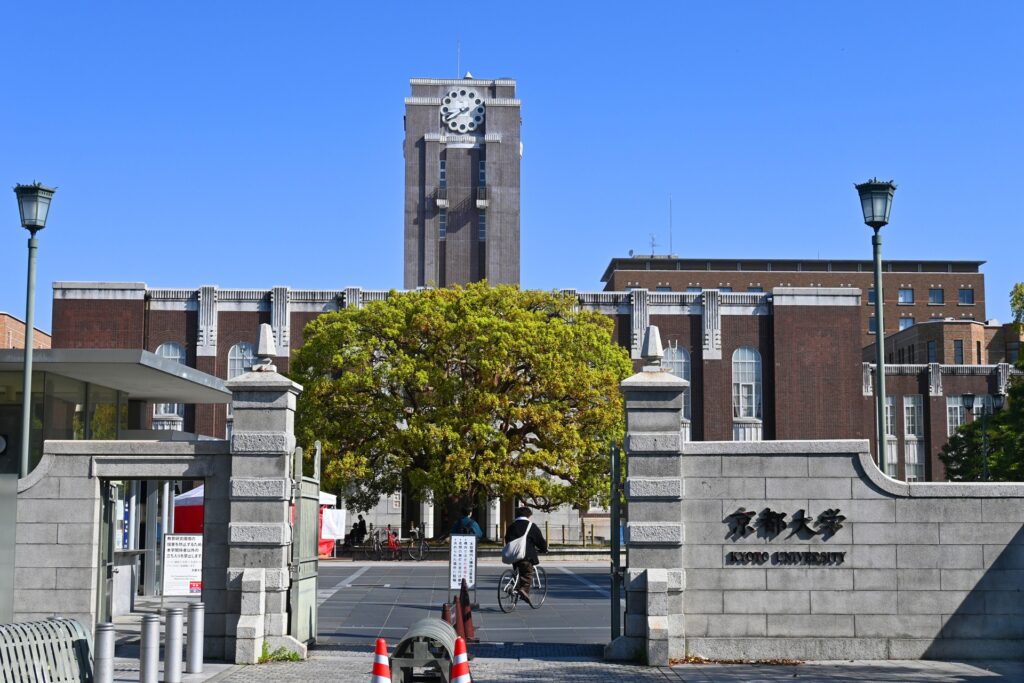About Us
Kyoto University On-site Laboratory
Overview of iLETs
The Disaster Prevention Research Institute (DPRI) at Kyoto University has long been at the forefront of research on earthquake and tsunami disasters. In particular, DPRI has led studies on risk assessment and disaster prevention strategies for megathrust earthquakes and tsunamis occurring in subduction zones worldwide. Through these efforts, DPRI has not only advanced research within Japan but also established an international network for disaster prevention research. As part of this initiative, in 2024, DPRI collaborated with the National Autonomous University of Mexico (UNAM) to establish the International Research Laboratory for Earthquake and Tsunami Risk Cognition and Reduction (iLETs). The foundation of iLETs builds upon the extensive history of international joint research conducted by DPRI, aiming to further strengthen global collaboration in earthquake and tsunami disaster science.

Background of
iLETs Establishment
Under the framework of SATREPS (Science and Technology Research Partnership for Sustainable Development), we conducted the project “Hazard Assessment of Large Earthquakes and Tsunamis in the Mexican Pacific Coast for Disaster Mitigation” from 2016 to 2022. Building on this foundation, in 2023, we expanded our focus to include Central America, launching the project “Compound Disaster Risk Reduction Associated with Large Earthquakes and Tsunamis,” which includes El Salvador. Drawing on the outcomes of these international collaborative research efforts, we established iLETs, with the vision of fostering broader international scientific and technological cooperation.
At iLETs, we leverage the findings from these projects to advance comparative research on earthquake and tsunami disaster science, focusing on the shared disaster risks between Japan and Latin America. In addition to comparative subductology, we adopt an interdisciplinary approach, integrating perspectives from engineering and social sciences to enhance scientific understanding of disaster prevention and mitigation. Furthermore, we emphasize the practical application of research findings, strengthening risk communication in collaboration with policymakers and disaster management practitioners to ensure the effective implementation of disaster risk reduction strategies.
*SATREPS (Science and Technology Research Partnership for Sustainable Development) is an international joint research program co-implemented by the Japan Science and Technology Agency (JST) and the Japan International Cooperation Agency (JICA) to address global challenges through scientific and technological cooperation.

Activities in iLETs
iLETs actively engages in the following activities:
• Collaborative research on earthquake and tsunami risk assessment and disaster mitigation strategies
• Hazard mapping utilizing offshore and onshore observation data
• Implementation of disaster education and training in collaboration with local communities and government agencies
• Facilitation of researcher exchanges between Japan and Latin America through workshops and summer schools
International Research Laboratory
for Earthquake and Tsunami Risk
Cognition and Reduction (iLETs)
iLETs serves as a hub for disaster research between Japan and Latin America, aiming to establish a sustainable international network for disaster risk reduction.
